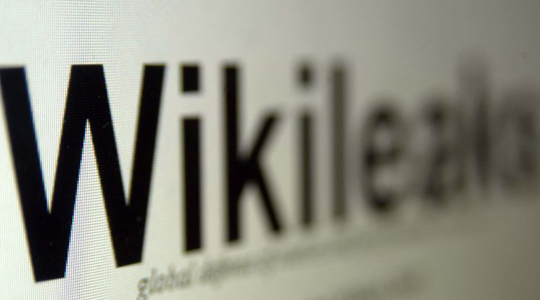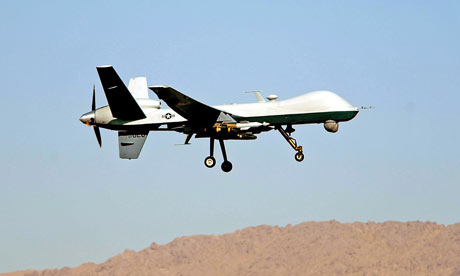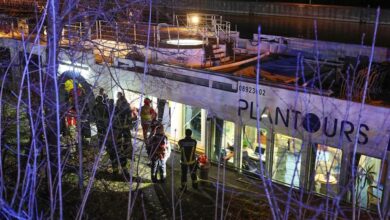
WikiLeaks has divulged a secret list compiled by Washington of key infrastructure sites around the world that could pose a critical danger to US security if they come under terrorist attack.
The newly released diplomatic cable is one of the most explosive yet out of many leaked by the whistle-blowing website that have heaped embarrassment on Washington and caused anger around the world.
Among other revelations, the latest WikiLeaks document dump showed Australia’s then leader Kevin Rudd warning US Secretary of State Hillary Clinton that force might be needed against China “if everything goes wrong”.
A State Department cable from February 2009 asked US missions to update a list of infrastructure and key resources worldwide whose loss “could critically impact” the country’s public health, economic life and national security.
It details undersea cables, key communications, ports, mineral resources and firms of strategic importance in countries ranging from Britain to New Zealand, via Africa, the Middle East and China.
A Canadian hydroelectric plant is described as a “critical irreplaceable source of power to portions of Northeast US,” while a Siemens factory in Germany does “essentially irreplaceable production of key chemicals”.
Also listed are European manufacturers of vaccines for smallpox and rabies, an Italian maker of treatment for snake-bite venom, and a German company making treatment for plutonium poisoning.
According to the diplomatic cable, the request was designed “to strengthen national preparedness, timely response, and rapid recovery in the event of an attack, natural disaster or other emergency”.
Compilation of the list would help “prevent, deter, neutralize or mitigate the effects of deliberate efforts by terrorists to destroy, incapacitate or exploit” sites deemed of “vital” importance to the United States.
Malcolm Rifkind, a former British defense and foreign secretary, lashed out at WikiLeaks for releasing the list.
“This is further evidence that they have been generally irresponsible, bordering on criminal. This is the kind of information terrorists are interested in knowing,” he said, according to British media.
The release will add to the political storm engulfing WikiLeaks and its 39-year-old founder Julian Assange, who broke cover on Friday to say in an online chat that he had boosted his security after receiving death threats.
The website is already battling to secure its avenues for financial donations online, and has been hop-scotching across servers and legal jurisdictions to evade a total shutdown.
Assange’s British lawyer, Mark Stephens, said Sunday that a legal pursuit of Assange in Sweden had “political motivations”.
But Swedish prosecutor Marianne Ny, who is investigating allegations of rape and sexual assault against Assange, defended her prosecution in comments to AFP.
“This investigation has proceeded perfectly normally without any political pressure of any kind,” said Ny, who, via Interpol, has asked police forces around the world to track Assange down.
Leading US lawmakers are calling for Assange’s arrest or even execution. Top Senate Republican Mitch McConnell slammed him Sunday as a “high-tech terrorist”.
Among the latest revelations:
— One cable said Saudi Arabia was the key source of funding for radical Islamist groups including Al-Qaeda, the Taliban, Lashkar-e-Taiba and Hamas.
— Gulf states Qatar and Kuwait are lax in pursuing locals who donated to the groups, according to the cable dated December 2009.
— Qatar is using the Arabic TV news channel Al-Jazeera as a bargaining chip in negotiations with other countries, despite the broadcaster’s insistence that it is editorially independent.
— Clinton views Russian Prime Minister Vladimir Putin as a “behind-the-scenes puppeteer” who chafes at his role working alongside President Dmitry Medvedev.
Another leak with the potential to infuriate China revealed details of a conversation between Rudd, when he was Australia’s prime minister, and Clinton over a Washington lunch in March 2009.
Rudd called for “integrating China effectively into the international community and allowing it to demonstrate greater responsibility, all while also preparing to deploy force if everything goes wrong,” the cable stated.
Rudd, a Mandarin-speaking former diplomat who is now foreign minister, said Monday that Australia had a robust relationship with China and that he had no intention of contacting Beijing over the cable.



